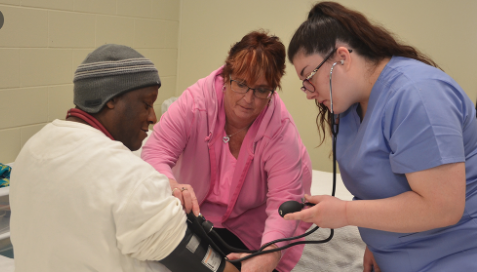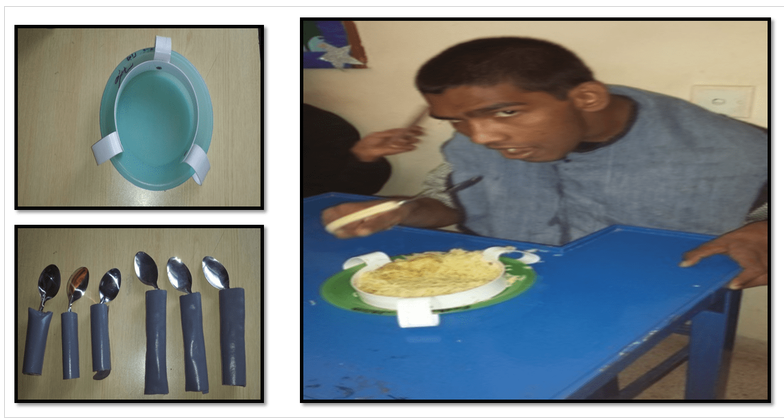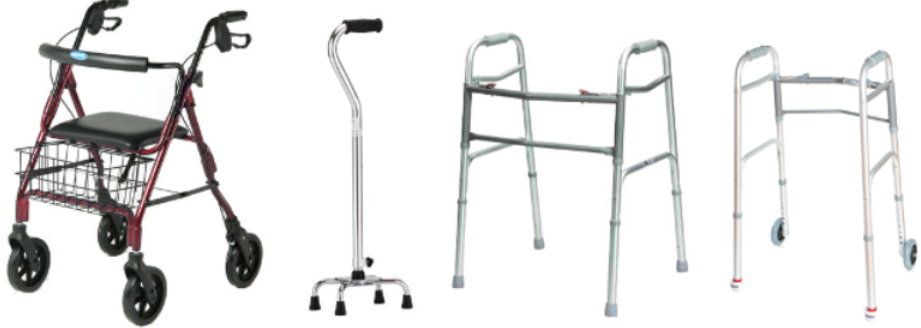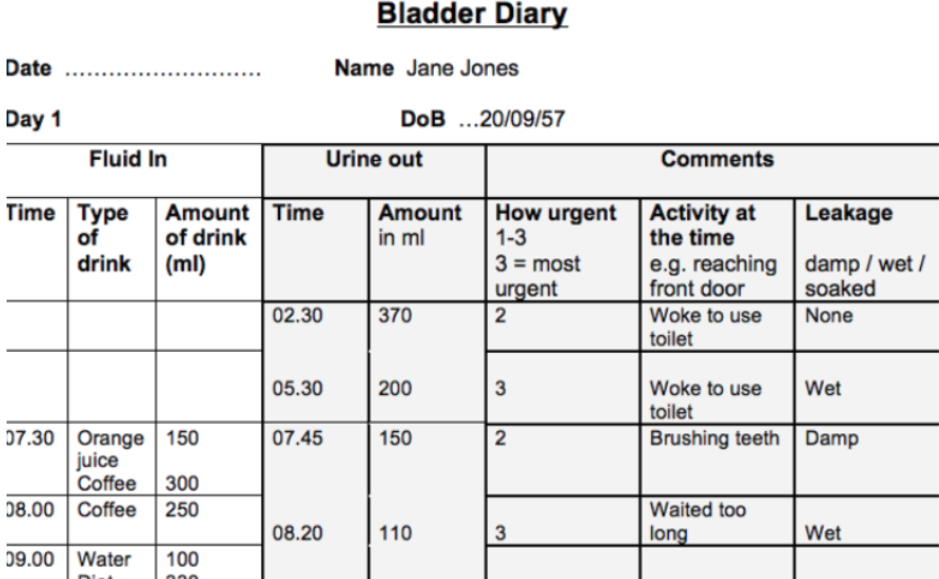Restorative care is a type of specialized direct care that optimizes and restores the client's level of functional status to prevent declines in day to day abilities. Functional status refers to an individual's ability to perform the wide range of tasks that are needed for daily living (Elsawy and Higgins, 2011). Daily living tasks, better known as the activities of daily living, include routine self-care functions that many people take for granted such as bathing, feeding oneself, transferring, toileting, continence, and grooming.
The role of restorative care in the maintenance and/or restoration of functional status is crucial because clients that permanently lose the ability to perform activities of daily living on their own will become dependent on caregivers to do everything for them. On the other hand, clients that maintain the ability to independently perform self-care tasks tend to have a reduced risk of falls, skin breakdown, weight loss, dehydration, incontinence of bowel and bladder, and other serious issues. In general, clients that avoid these problematic issues experience a tremendously enhanced quality of life.
A client's specific restorative care activities are dictated by a restorative plan of care. A restorative plan of care is a document that helps guide care activities so that they are personalized to each restorative client's individualized needs. The client's overall health condition and disease processes play a role in the creation of the care plan (Toney-Butler and Thayer, 2019). The overarching goal of a restorative plan of care is to make sure that a patient’s functional abilities in the sphere of daily living activities do not exhibit any type of decline unless the clinical situation indicates the decline could not be prevented. The initial restorative plan of care is usually prepared by a licensed nurse, but any member of the restorative care team is permitted to contribute to it.
No two clients should have the exact same restorative plan of care due to the variety of different problems they have. Restorative care is individualized in accordance with the restorative plan of care since not all clients have the same functional needs. For instance, Mrs. Daniels might be capable of feeding herself without any issues, but needs intensive bowel and bladder retraining. Meanwhile, Mr. Edwards is completely continent of bowel and bladder and able to toilet himself without any noted problems. However, he needs dining assistance due to some functional declines he has experienced over the past three months.
Restorative care can include, but is not limited to, skills such as range of motion exercises, ambulation and gait training, bed mobility, dining assistance, locomotion or wheelchair use, fall preventative techniques, activities of daily living and more (Thompson, 2016). The restorative nursing assistant plays an important role in the delivery of restorative care. Restorative nursing assistants are the members of the allied healthcare team that are entrusted with giving restorative care to clients to maintain and/or restore physical function and quality of life.











